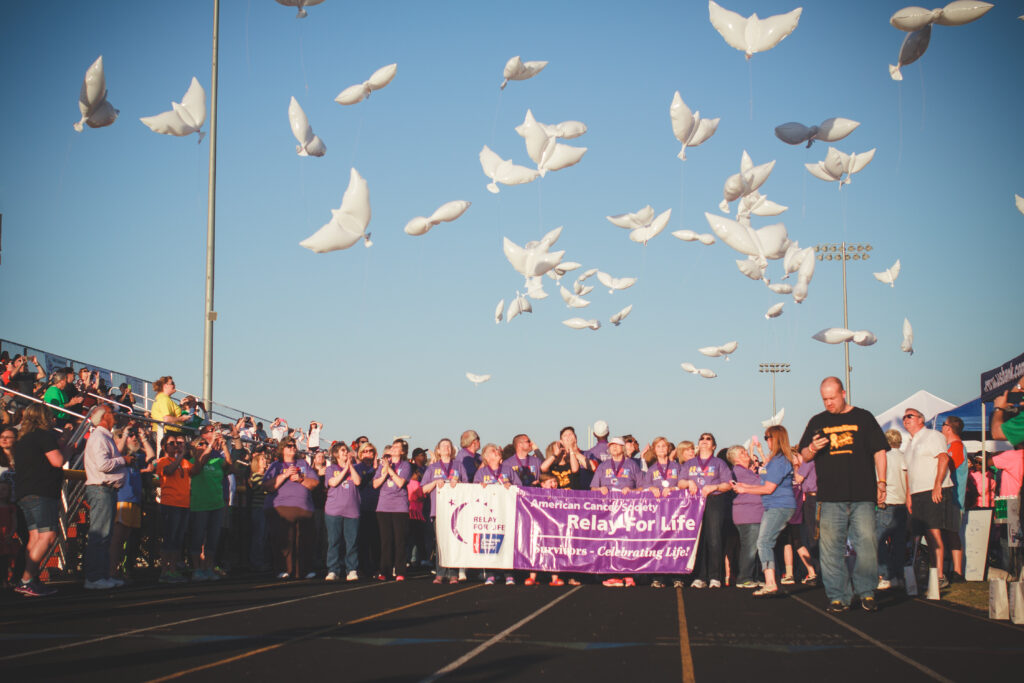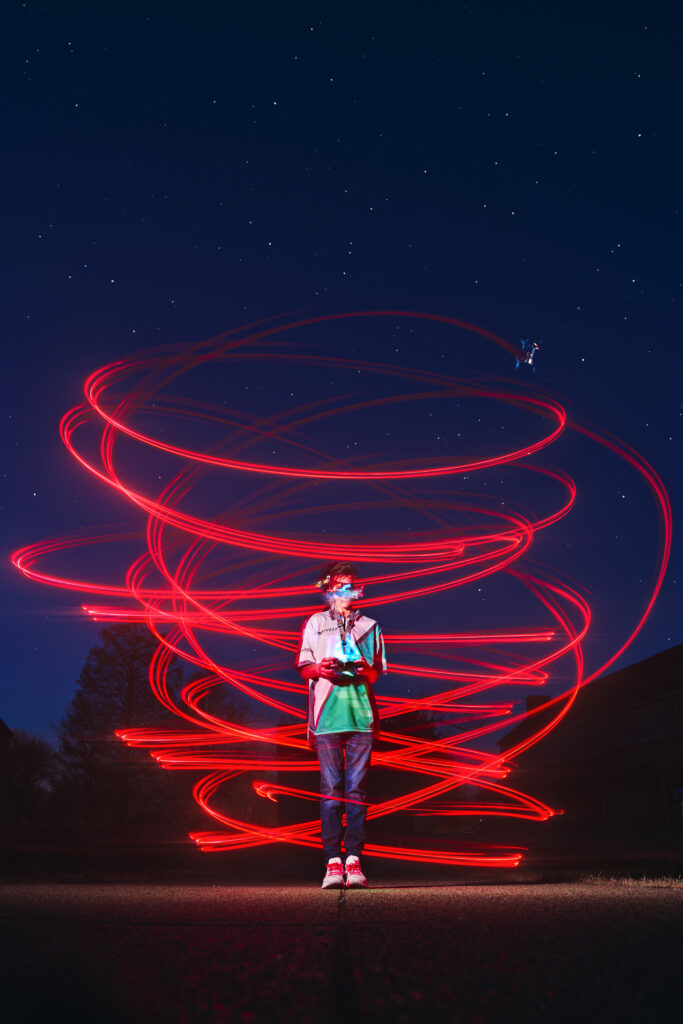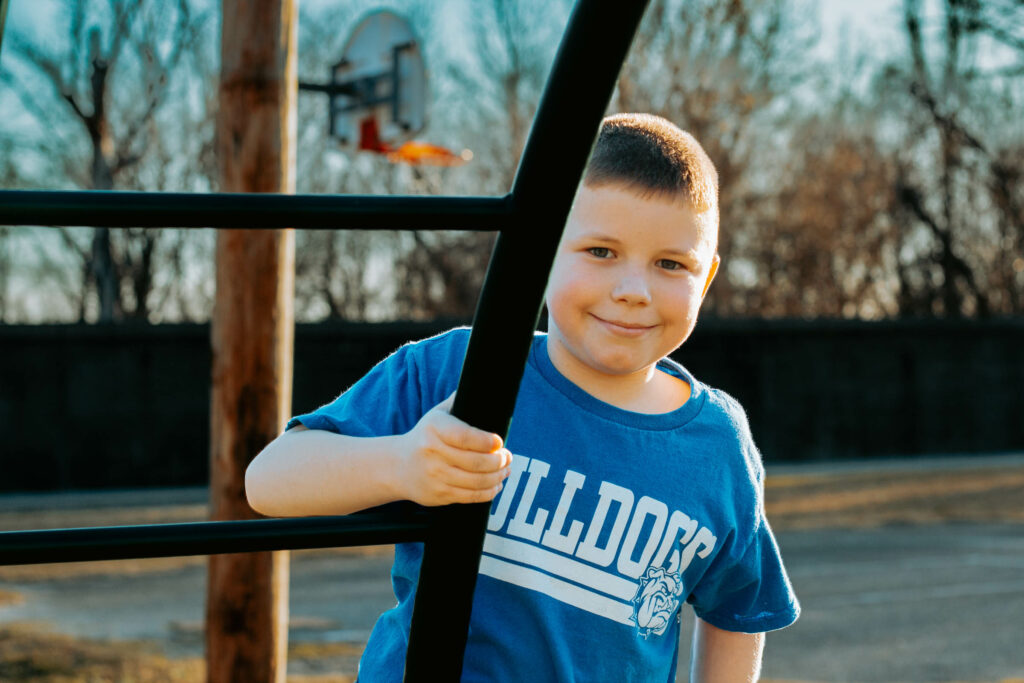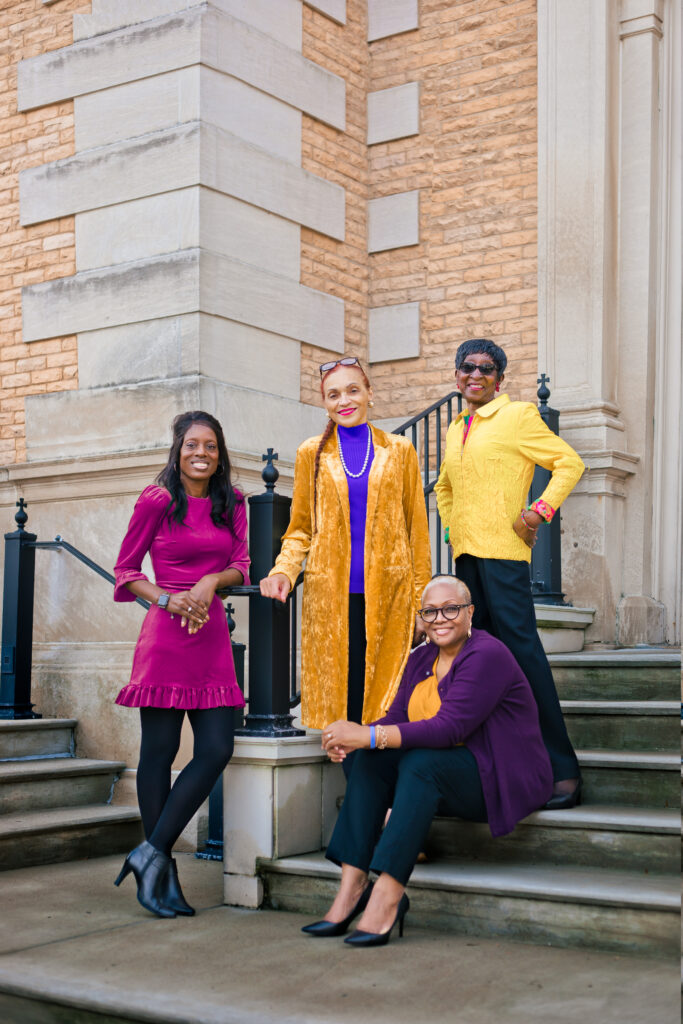This past summer, we as part of the VUE Community embarked on a journey together. We wanted to gain knowledge and learn about an issue that is of growing concern for our community—that of suicide and depression, specifically as it relates to teenagers. During our five-month coverage, we’ve talked to medical doctors and psychologists as well as religious leaders and those who work on the front lines providing care and support to those who are in need emotionally.
We close the series with perhaps the most powerful story that we’ve ever told in VUE—that of a survivor of suicide, depression and cutting. We applaud the bravery that Jessica Wiater showed in her willingness to lay herself bare so that we may learn from her experiences. Our hearts stay with her and her family as she continues her path to recovery and healing.
It is our sincere hope that this series has helped you in some way. To understand more fully the unique circumstances that some teenagers face. To know how to give support to a struggling teenager that you know. Or, simply, to have looked into someone else’s life and felt compassion.
Thank you for walking this path with us and, always, for being part of the VUE Community.
Jessica Wiater remembers the first time that she intentionally cut herself. Laughing a little, she raises up her shirt sleeve a bit and says, “It was just a tiny little thing.”
The tiny little thing she shows me is indeed a tiny little scar, but it is surrounded by more scars like it. Bigger scars, deeper scars. Scars all up and down her arms and, she says, elsewhere too.
“I’m covered in them.”
And while she doesn’t know how many there are exactly–how many times she cut herself as self-punishment–she thinks there are more than 300.
About the first time, Jessica really has no idea why she even did it at the end of what she calls a “bad day” when she was just 13 years old.
“I don’t know what made me think that cutting myself was a good idea,” she says.
“I remember even thinking the first time that I did it, ‘This is not going to do anything.’”
“After I’d done it, you’d figure there would be some moment where I would realize something. In reality, I thought that it was pointless and I felt stupid.”
Even though the reaction was not quite what Jessica expected, that first time that she harmed herself on purpose set into motion a cataclysmic emotional spiral that she would suffer from for seven years and that would reverberate in her life still today.
The past
At thirteen, Jessica was just a normal kid. A student at Christian Fellowship School, she was outgoing and fun. And, she was on the precipice of an emotional change that even she calls “drastic.”
It was a calamity, of sorts, that set Jessica’s path. Her best friend moved away and she was preparing for her older brother Josh to do the same to college. Perhaps the biggest blow, however, was her parents’ tough divorce, which sent her and her brother to live exclusively with her dad while her mother moved away.
“As soon as we moved into the new house with my dad, everything got uprooted for me. Everything was flipped upside down.”
She recalls feeling uncomfortable at school without the reliability of her best friend as a confidant.
Without an outlet of communication, Jessica sank deeper within her own mind, finding hope only when she first cut herself.
“It was probably the most impulsive thing that I’d ever done,” she recalls.
That impulsivity, for Jessica, quickly became her greatest joy and her own personal prison.
“A teenager’s brain is so chaotic to where something impulsive can feel better than something well-planned or thought out.”
“If I was doing something impulsive, I wasn’t having to deal with my issues. Focusing on that impulsiveness literally helped me not focus on the fact that I was losing my friends or that my parents had split.”
The path spiraled on, leading Jessica to mind-numbing insecurities and, eventually, to an eating disorder. At the worst, she packed only 74 pounds on her petite frame.
“The eating disorder was even that impulsivity, along with insecurity and lack of security in my life.”
“It was a distraction, the eating disorder. If I went to school and somebody made fun of me I thought, ‘It’s okay, when I get home I can cut. I’m losing weight and the problems that I’m dealing with don’t exist.’”
Then the two issues collided in a way that not even Jessica could have predicted.
“I began to be so hard on myself that the cuts would turn into gashes. They would feed on themselves, the cutting and the starving.”
“If I would eat, I would punish myself. If I cut myself in order to distract myself from the fact that I cut myself, I would starve myself.”
Still without a strong support system, Jessica felt the loneliness even greater. She changed schools, moving to Lone Oak High School where she found friends that she says helped her a lot, but it was not enough to help overcome her issues, so she cut them out of her life, feeling that they deserved better than her friendship. Meanwhile, her issues were taking an even deadlier turn.
“To me, what I was doing was a distraction that downgraded into a punishment. Whenever you go so far in making decisions that you know aren’t good or right, you stop caring and you get selfish. I stopped caring about the ones around me.”
“I started compromising myself, thinking ‘if I lie to cover up the fact that I am cutting, that’s okay. If I lie to sneak out of the house because it would make me feel better, that’s okay.’”
“After I lacked caring and I lacked really considering that I was hurting myself, I just quit attempting to hurt myself and I would make these horrid decisions.”
She tells of years spent getting drunk whenever she could–of eventually turning to drugs.
During this time, she overdosed twice and spent time in a mental facility.
“I overdosed because I got fed up with the decisions that I was making.”
“It was never out of hatred to anyone but myself.”
At one point as we talk, Jessica brings up pain, but, surprisingly, it’s not the pain of her wounds or the pain of her starvation or suicide attempts that she recalls as being the the worst.
“A lot of the pain that I had, what really hurt, was when I needed someone to talk to.”
The present
Nowadays, instead of focusing on impulsive and negative decisions as a way to shield her issues, 23-year-old Jessica finds her focus elsewhere, namely in her two- year-old daughter, Rinoa.
“I take care of her like she’s the most important thing on the planet.”
Jessica says that it was Rinoa, even in the womb, who saved her from the issues that had plagued her for years.
“When I had my daughter, it was the weirdest 180.”
“Having her was the best thing that could have happened. I felt like my actions were a garment that I could just take off.”
Determined to make better choices for her family, Jessica revamped her life. She went back to church, stopped drinking and smoking and even bought a new wardrobe of clothes. And she stopped searching for distractions from what she calls “her issues.”
“I had to realize that I had to address my issues. I had to realize that my issues had to be fixed. They can’t just be ignored.”
She found comfort in an online support group that was developed by a friend of hers and designed to help others who suffer from self-harm, leaning on those who had been through the same things she had and developing lasting friendships with them.
A future
While at one point it may have seemed like a future of any sort was out of the question for Jessica, she now has plans. Big plans.
“When I was young, I remember praying to God to help me experience everything a person could experience so I could help others one day.”
“I feel like I jinxed myself, because I felt the whole nine yards.”
In that spirit, Jessica mentors other young people that need a support system of their own, both in our community and in her online community.
“A lot of parents think that when their kids cut, it’s for attention. I never talked to my parents because I was embarrassed that I was going through those things.”
“I think parents make a big mistake when they expect a kid to tell them things and be honest with them, but then they just get mad when they do.”
“It’s hard for a kid to tell their parents something when they know they are going to get screamed at. I think it’s important to make a kid feel safe.”
“When you have that lack of communication, that can set off a spiral.”
After many bad experiences in local hospitals, she decided that she wants to become a nurse, hoping that she can be a compassionate caregiver for those who are suffering like she has. Eventually, she’d even like to work in a mental facility, modeling her plans after one psychologist that she came into contact during one of her stays.
And she writes, using short stories about her experiences to help both herself and others through tough times.
She knows that her work is not over, and she’s resilient when she says that it likely never will be.
“I’m always going to deal with being emotionally attached to things that I can’t get back. I’ll always probably deal with the fact that I know I could easily give up. I’m always going to deal with the fact that no matter how hard I try, I can’t go back.”
“I can’t be that 13-year-old again and not have scars.”






